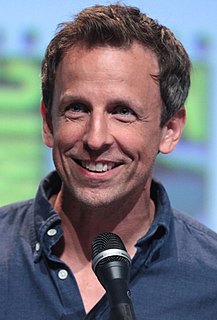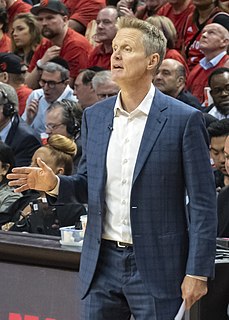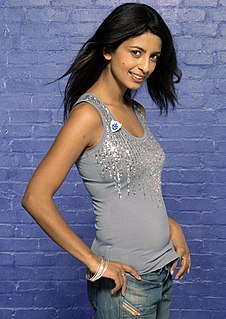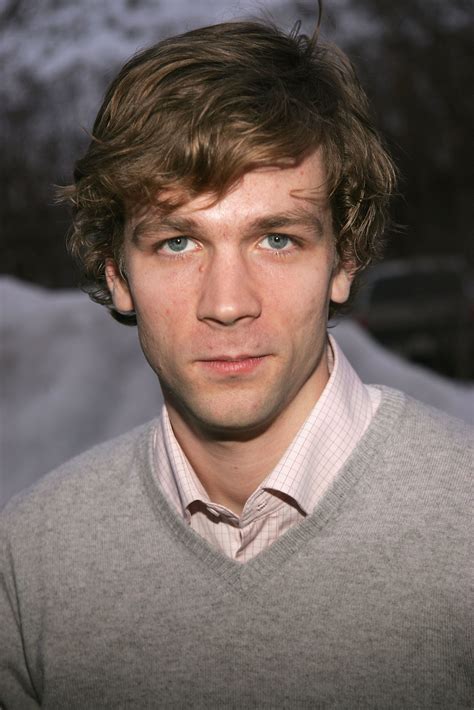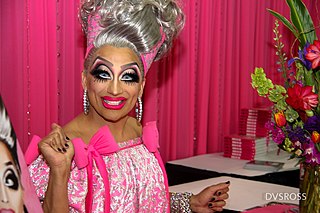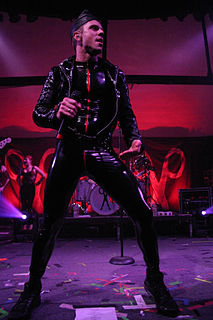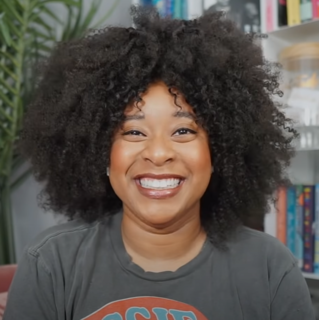A Quote by Rory Bremner
When I did 'Bremner, Bird and Fortune' I think it was accepted that comedians can contest the arguments just as well as journalists.
Related Quotes
I would've said yes before I saw Aaron Gordon do what he did. And Zach LaVine went nuts as well. I think Gordon should've won for what he did. But what LaVine does is amazing. I don't know where he gets that bounce and that glide but it's incredible. I hope both those guys compete it in next year. Over the last years or so, I'd say the three-point contest has been more entertaining than the dunk contest, but this was really special this year.
Comedians dissect jokes all the time. Comedians are beautiful structuralists. But ultimately it's an athletic endeavor. You have to be able to just hit the backhand. You can't think about all the pieces of it. You can't think about your swing. You just have to do it. Reading someone else's deconstruction of what I do, all it does is put me in my head. On nights when the show goes particularly well, I am not aware of its fluidity. A lot of nights I'm just worried that I'm not going to be as good as the script in front of me.
The first comedians I became fascinated with were the Marx brothers. I couldn't get enough of them. Later in life, I thought, "Well, maybe it's because they were so rebellious and they were just flipping the bird to society and all the rules we're supposed to follow." They were saying that none of it is fair.
I think that all journalists, specifically print journalists, have a responsibility to educate the public. When you handle a culture's intellectual property, like journalists do, you have a responsibility not to tear it down, but to raise it up. The depiction of rap and of hip-hop culture in the media, I think, is one that needs more of a responsible approach from journalists.
A lot of times people will have after-parties or try and host an event for comedians, and they misunderstand us. They think it should be wild and crazy, or loud music, and comedians are typically pretty mellow people that just want to talk to each other. I think it would be highly unusual to find comedians who want to be at a loud, crowded party.
Journalists in newspapers and in many magazines are not permitted to be subjective and tell their readers what they think. Journalists have got to follow a very strict formulaic line, and here we come, these non-fiction writers, these former journalists who are using all the techniques that journalists are pretty much not allowed to use.
I think that all journalists, specifically print journalists, have a responsibility to educate the public. When you handle a culture's intellectual property, like journalists do, you have a responsibility not to tear it down, but to raise it up. The depiction of rap and of hip-hop culture in the media is one that needs more of a responsible approach from journalists. We need more 30-year-old journalists. We need more journalists who have children, who have families and wives or husbands, those kinds of journalists. And then you'll get a different depiction of hip-hop and rap music.

